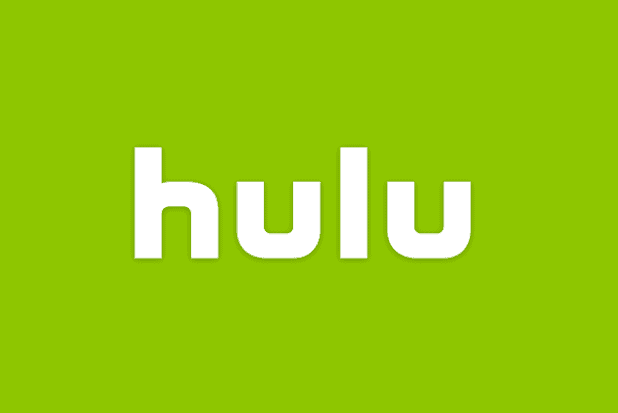
At the moment, Hulu is facing a lawsuit that could have a significant impact on how it will provide its customers with its services in the future. For those who are curious, the lawsuit was filed by a blind couple, the Bay State Council of the Blind, and the American Council of the Blind. As a result, it should come as no surprise to learn that the lawsuit concerns Hulu’s treatment of people with visual impairments.
Why Is Hulu Being Sued?
To be exact, the litigants have launched the lawsuit because of Hulu’s refusal to add descriptive audio tracks to its movies and TV shows in spite of repeated requests from interested parties. As a result, the litigants believe that it has violated the Americans with Disabilities Act, which is why they are suing to force Hulu to add descriptive audio tracks to its content so as to make it more accessible to Hulu customers with visual impairments. Furthermore, the litigants are seeking to force Hulu to make its app as well as its website compatible with screen readers, which are useful tools that people with visual impairments can use to either translate on-screen text into Braille or have it read aloud.
Currently, Hulu’s accommodations for people with visual impairments are far from being praise-worthy to say the least. For example, some of its content has descriptive audio tracks, but those can be attributed to the efforts of the content creators rather than Hulu. This situation is particularly striking when contrasted with that of Netflix, which introduced descriptive audio tracks when it launched Daredevil in 2015 and has stepped up its efforts in that regard since that time. With that said, it is important to note that much of Netflix’s own efforts in this regard can be traced to a deal that it reached in 2016 with various advocacy groups, which is something with rather interesting implications for how Hulu’s current situation might unfold in the future.
What Happens Now?
It remains to be seen what will happen as a result of the lawsuit. Given the practices and policies of Hulu’s competitors, it seems reasonable to speculate that it will have to follow in their footsteps to some extent. After all, if it wants to become a major player in its chosen market, it seems reasonable to expect that it will have to play by the same rules. Simply put, what the litigants are asking is not unreasonable.
Business-wise, it will be curious to see how the lawsuit as well as its eventual resolution will impact Hulu’s performance in future periods. Theoretically, making its content more accessible to people with visual impairments should enable Hulu to gain access to more potential customers, but given its clear reluctance to make its content accessible, that suggests that it believes that doing so will not prove profitable for it. Still, it is difficult to imagine that accepting the request of the litigants would have been worse than the current situation, which is the sort of thing that tends to have a negative effect on a business’s reputation. Something that Hulu doesn’t need at the moment because of the risk that it poses to its upward momentum.
 Follow Us
Follow Us





